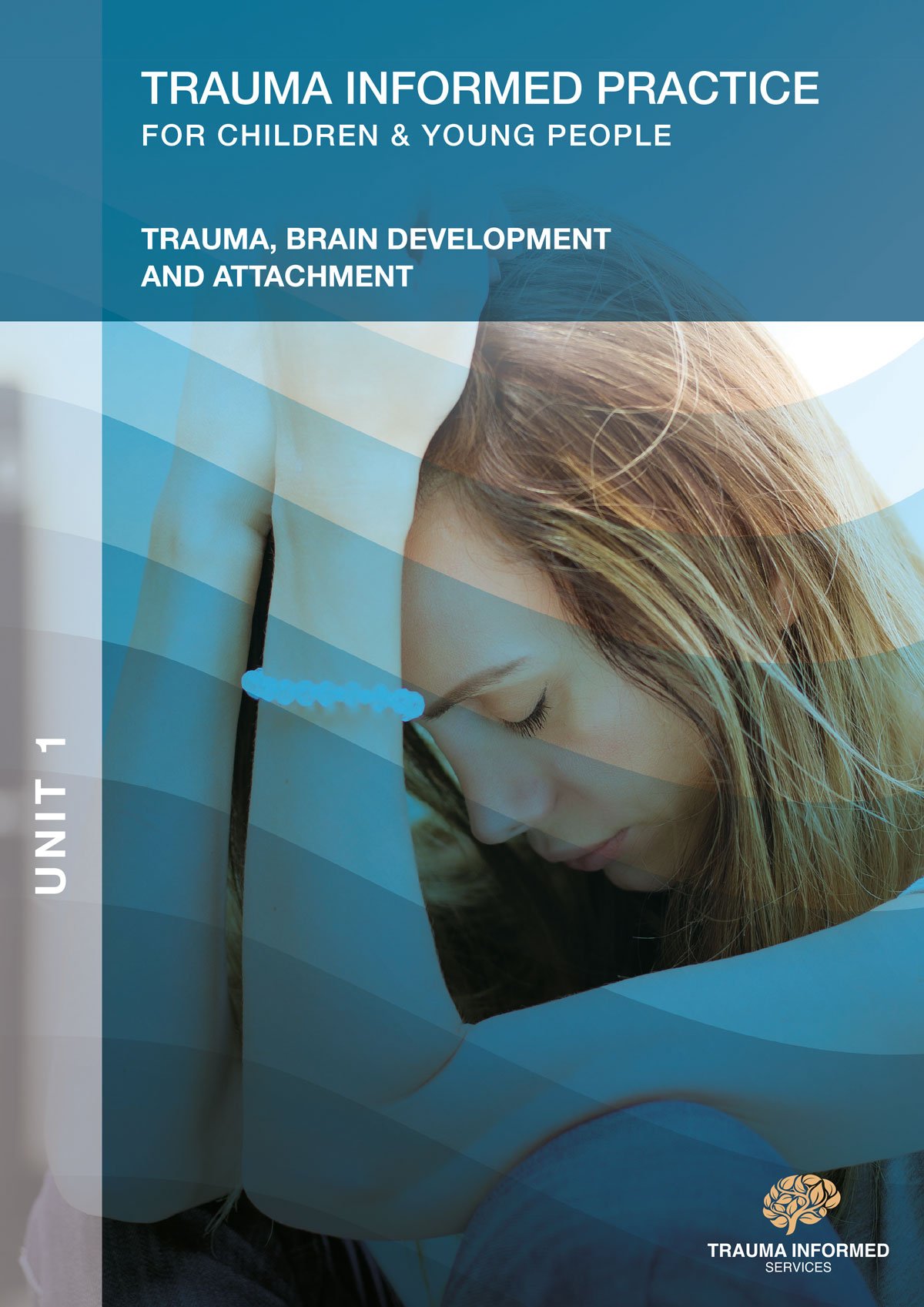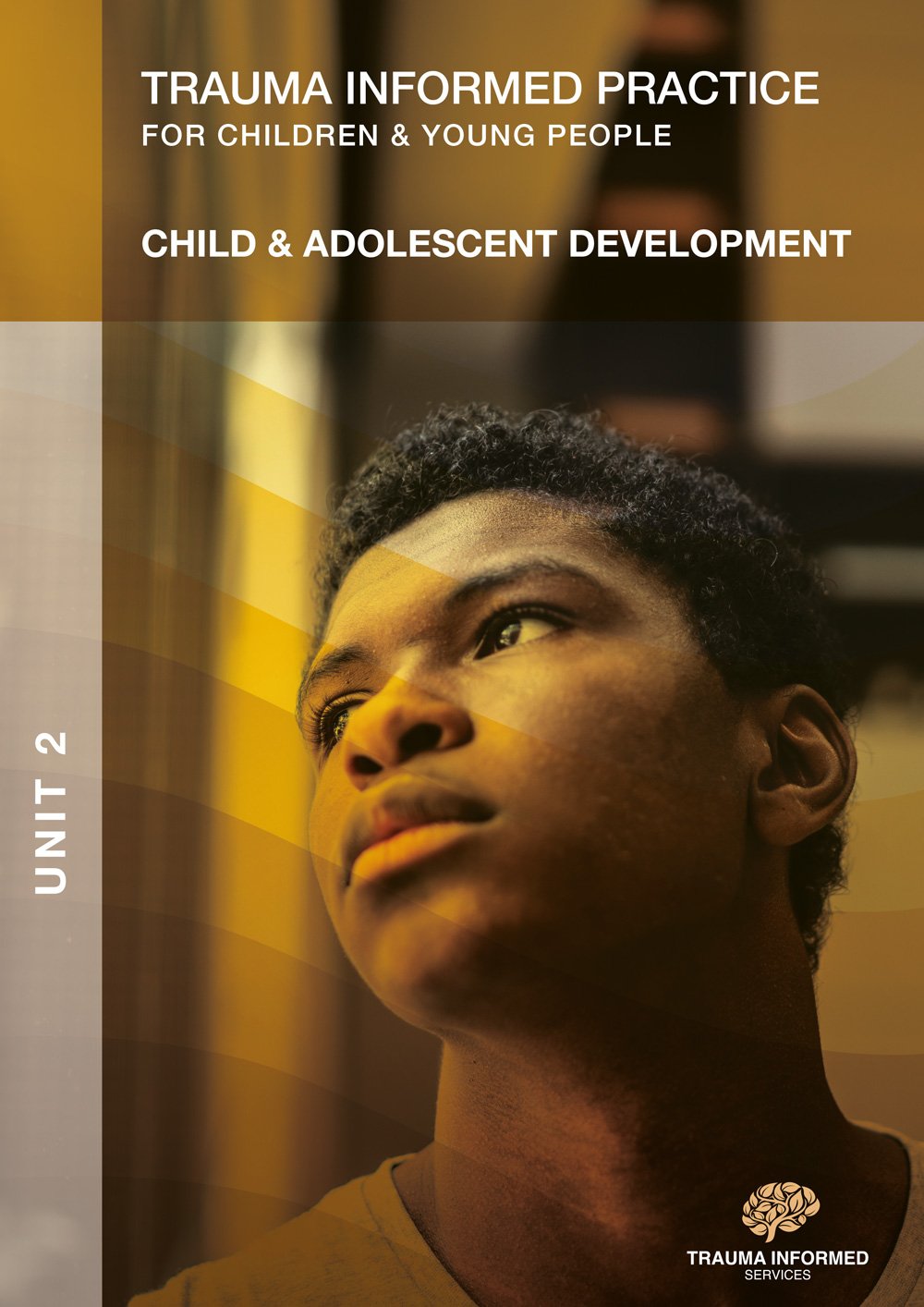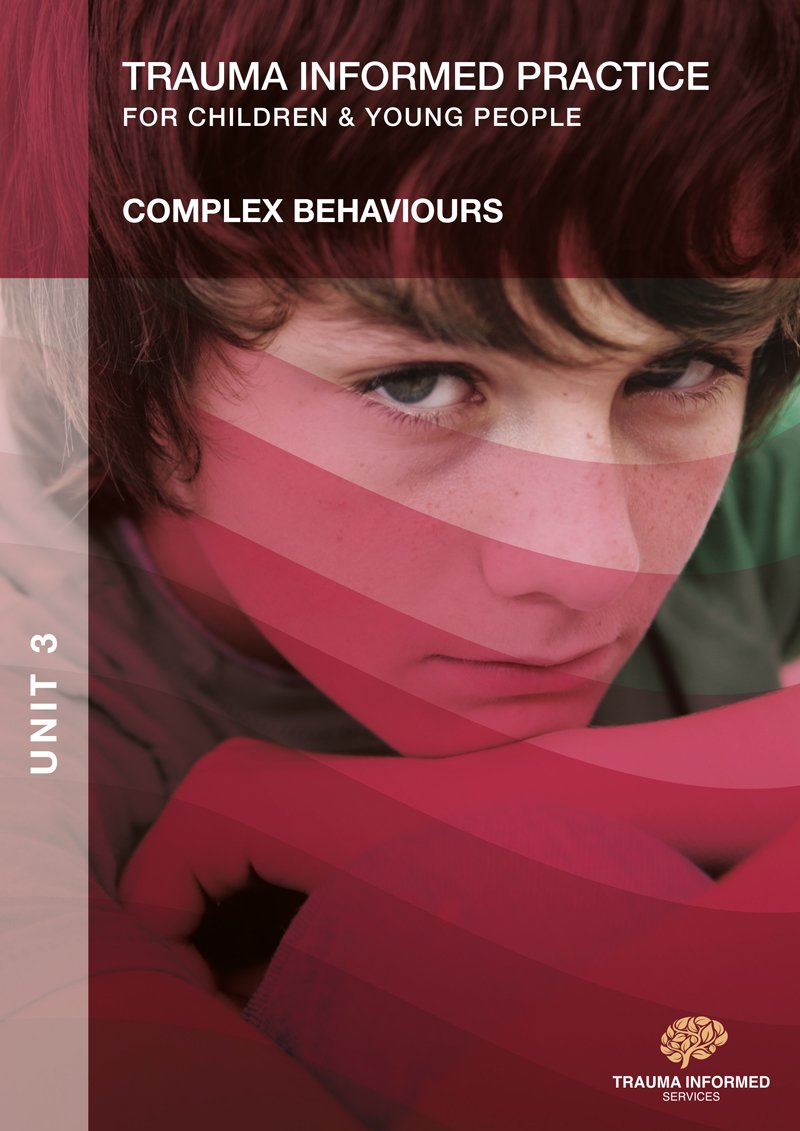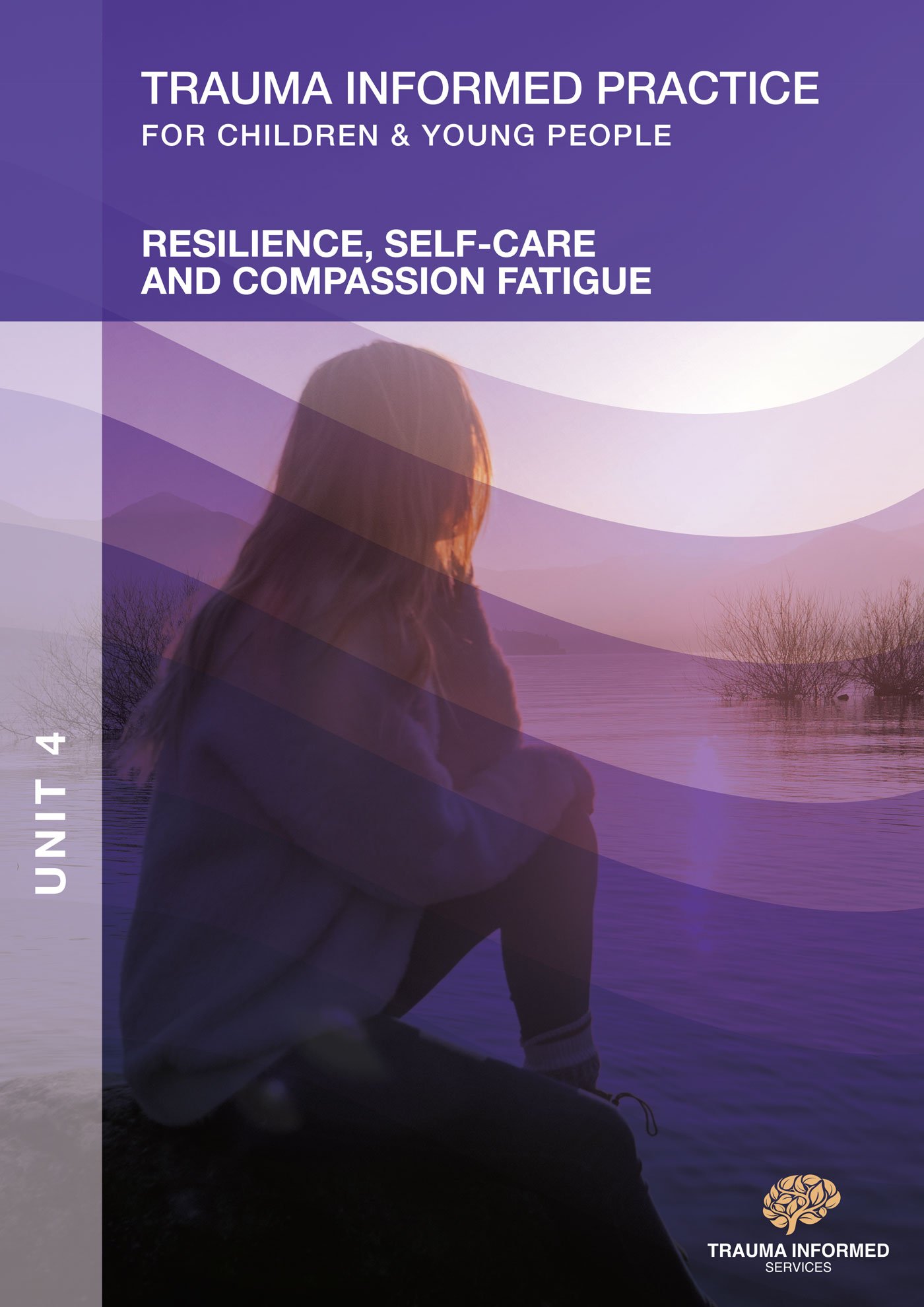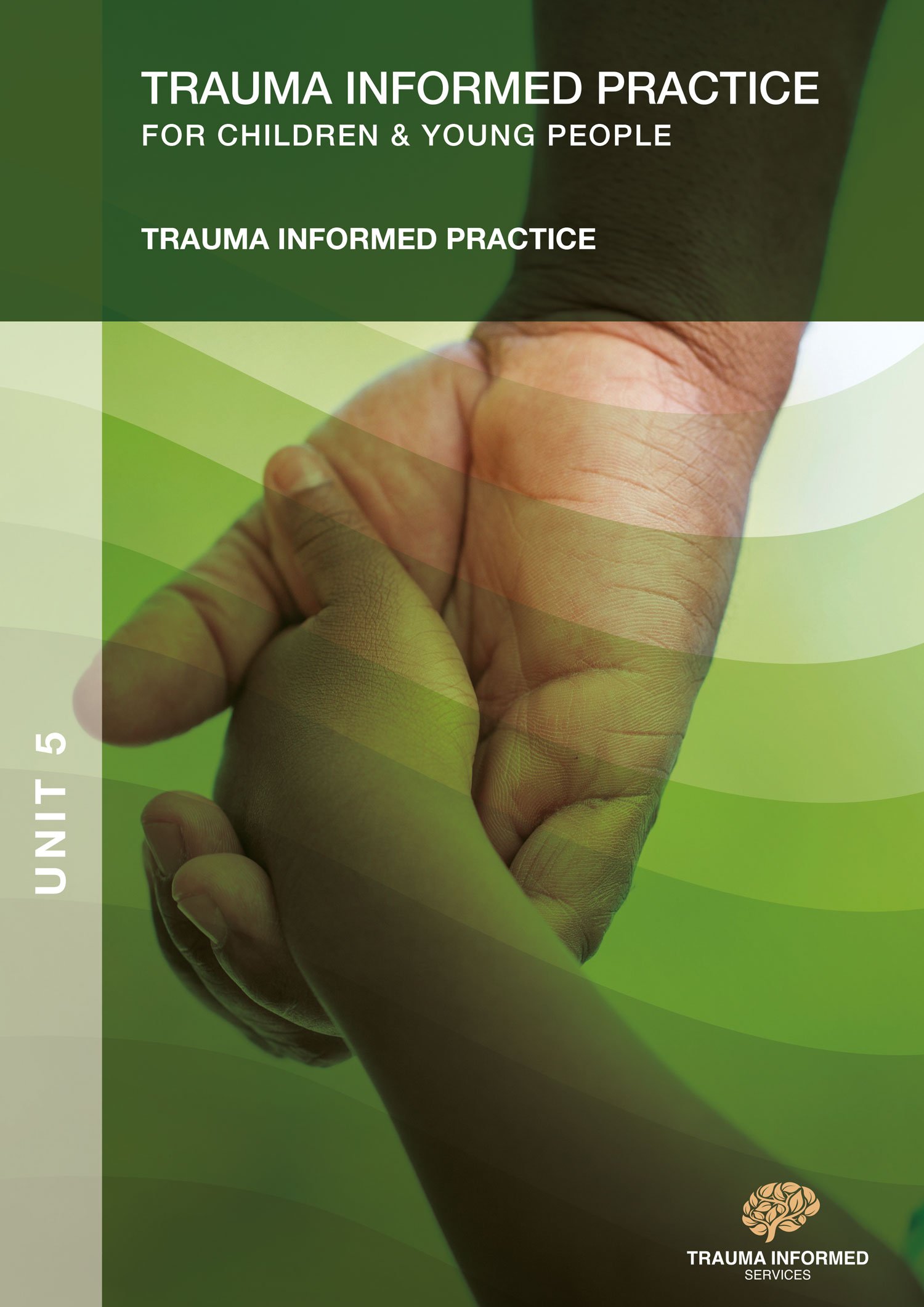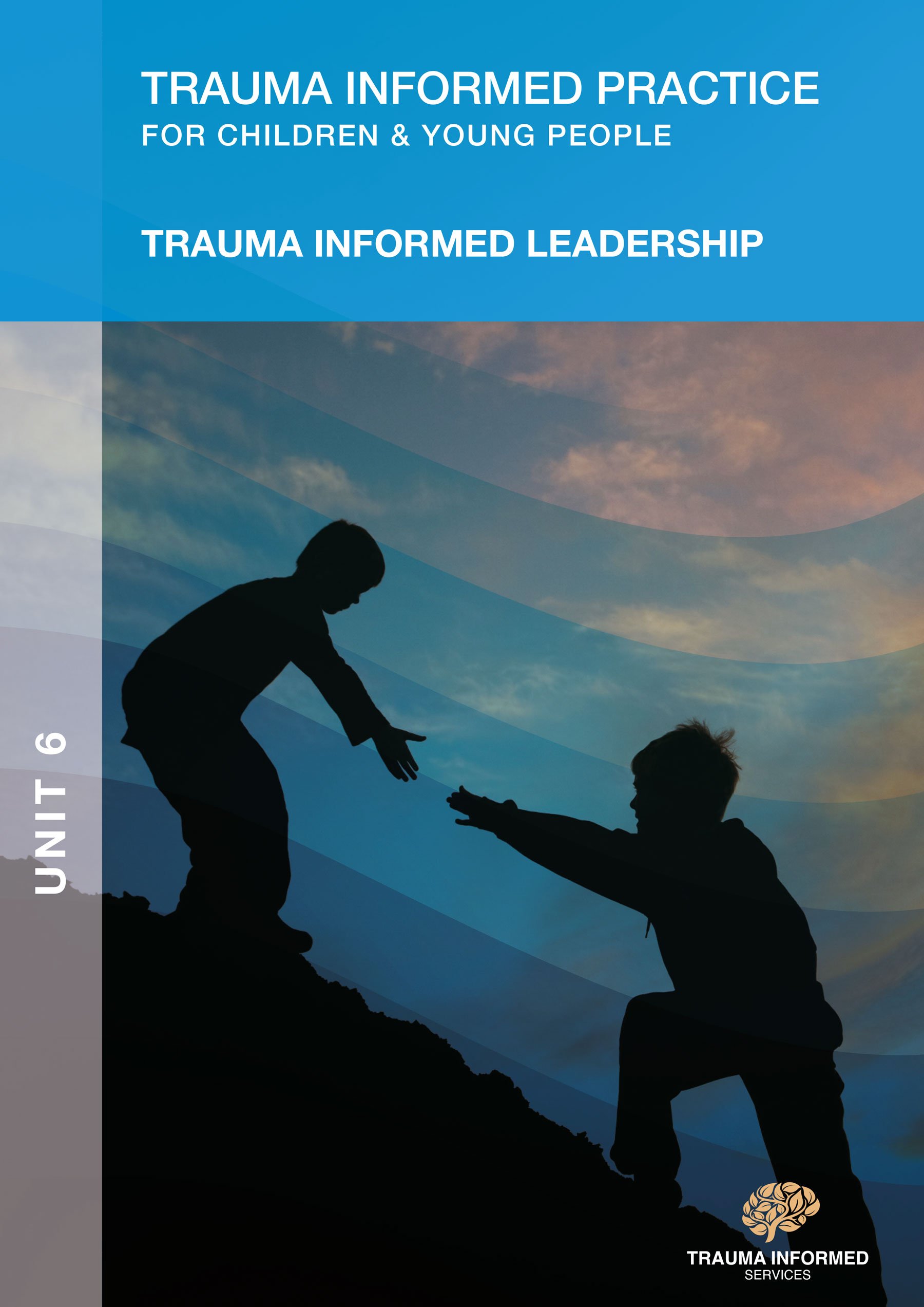Unit 1:
Trauma, Brain Development & Attachment
Learning Outcomes:
Understand how early relationships with primary care givers impacts brain development
Understand changes that happen to the brain during adolescence
Understand the principles of attachment theory and how these apply in day-to-day practice
Understand what is meant by relational trauma and how this can present in children
Explore the principles of ‘therapeutic parenting’ and how we can apply these in day-to-day practice
Unit 2:
Child & Adolescent Development
Learning Outcomes:
Understand the different areas of child and adolescent development
Understand the factors that can affect healthy development
Understand the prevalence of difficulties among children who are, or are at risk of being, looked after
Understand the difference between chronological and developmental age
Understand social and cultural factors that can affect development, including difficulties faced by LGBTQ+ children
Unit 3:
Complex Behaviours
Learning Outcomes:
Understand why children display complex behaviours
Understand how developmental theories underpin complex behaviours
Understand the term ‘formulation’ and how it helps us understand complex behaviours
Learn theories about child development that enable us to understand complex behaviours
Understand why children may lie or make false allegations
Learn ways to work with children who may lie or make false allegations
Understand why children self-harm and how to support them
Understand the term ‘harmful sexual behaviour’ and how to support children with a history of this behaviour
Understand why some children may engage in aggressive or violent behaviour
Learn how to work with children who display aggressive or violent behaviour
Understand how violent and, or aggressive behaviour impacts upon the wider team
Unit 4:
Resilience, Self-Care & Compassion Fatigue
Learning Outcomes:
Understand resilience and its importance when working with children in care and children who have experienced trauma
Understand how resilience and relationships are connected
Understand the meaning of indirect trauma
Explore their own triggers, signs of stress and reduced resilience
Explore own self-care needs and support options
Understand what self-regulation is and why it is important
Understand compassion fatigue and how it impacts practice and relationships with children in care and children who have experienced trauma
Understand the importance of reflective practice and supervision
Unit 5:
Trauma Informed Practice
Learning Outcomes:
Understand the concept of adopting a ‘trauma lens’ within practice
Understand why we don’t say ‘what is wrong with you?’
Learn how to apply the core principles of a trauma informed approach
Understand the wider implications of safety
Understand the concept of re-traumatisation
Recognise a trauma informed environment
Learn about ACEs and the importance of building relationships
Be able to reflect on group living dynamics
Understand how to work with breaks in relationships
Understand the importance of positive endings
Learn about restorative approaches
Understand why formulation is critical within the care planning process
Unit 6:
Trauma Informed Leadership
Learning Outcomes:
Understand how trauma impacts organisations
Understand the importance of positive role modelling by managers
Understand how emotions affect the way we work
Understand the concept of re-enactment and why it isn’t helpful
Understand how secondary trauma can lead to compassion fatigue and burnout
Recognise why leadership is important when adopting a therapeutic parenting approach
Explore how supervision can help embed trauma informed practice
Course FAQs
-
No. The units should be completed in order (1 to 6).
-
You can but this is not accredited. We recommend completing all units (1-6) to obtain the Level 4 Award.
-
Yes, we would provide you with a certificate of attendance without the accreditation from the NCFE.


